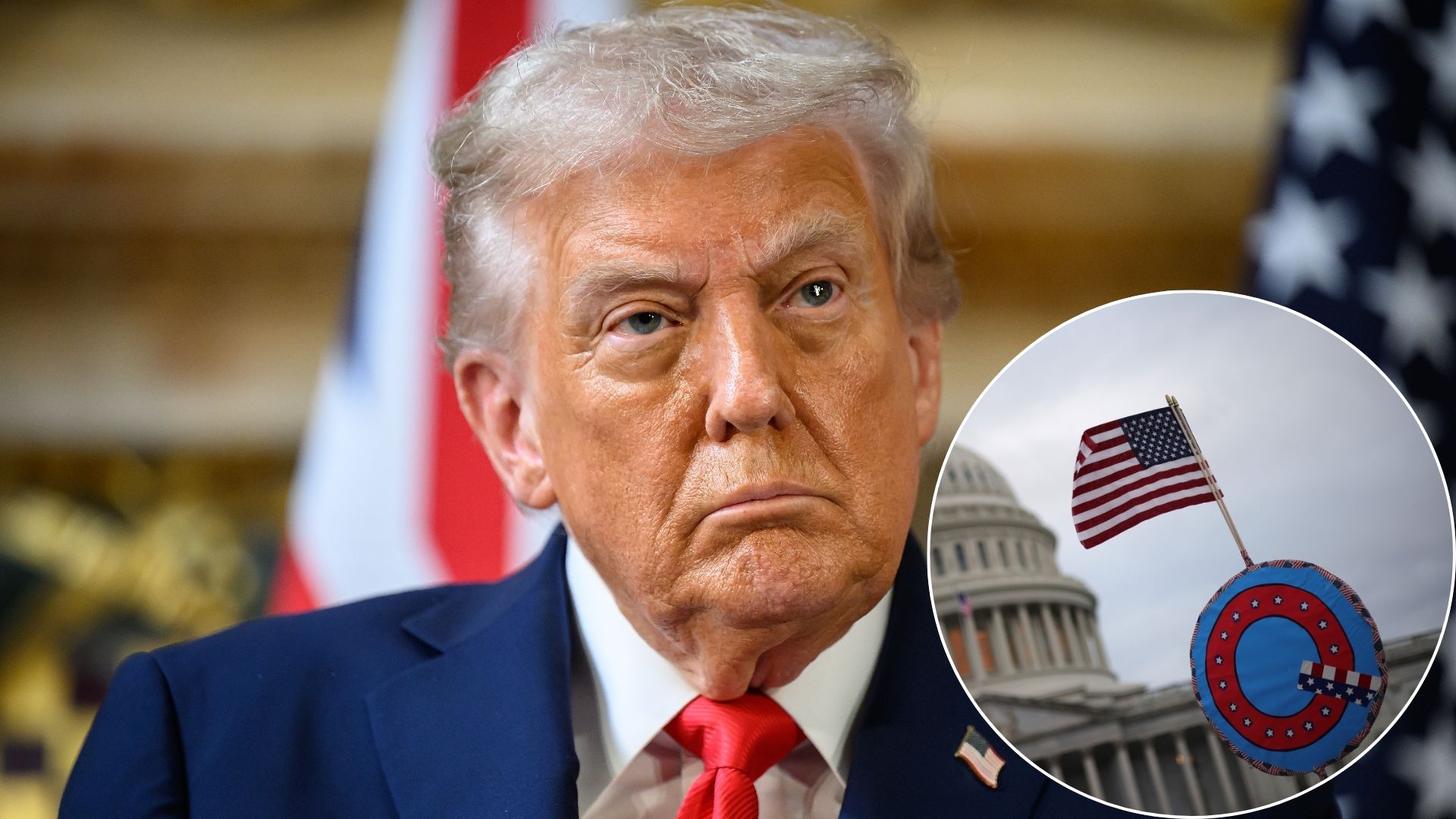
CNN anchor Jake Tapper has expressed his bewilderment after Donald Trump shared an AI-generated video promoting a conspiracy theory about the existence of futuristic all-healing technology.
— The Daily Beast (@thedailybeast.bsky.social) 2025-09-29T11:56:21.351631Z
A strange conspiracy theory
Over the weekend, Donald Trump shared an AI-generated video on Truth Social in which an AI version of himself appears to announce that every American would receive a «MedBed card» and that «MedBed hospitals» would be created, echoing a strange conspiracy theory tied to QAnon.
«These facilities are safe, modern, and designed to restore every citizen to full health and strength.»
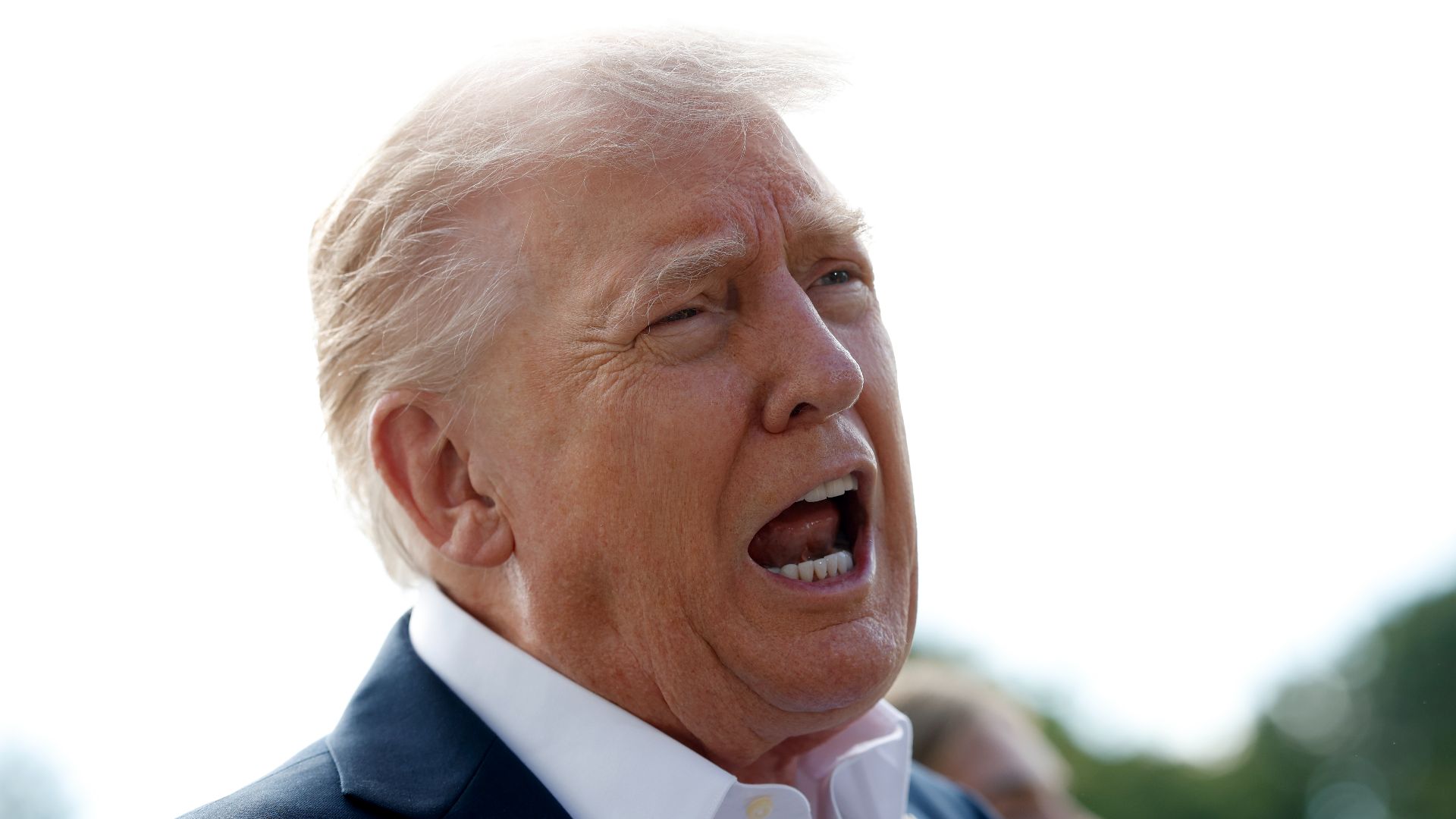
The video is staged as a phony Fox News–style segment, featuring the president’s daughter-in-law, Lara Trump, herself AI-generated, appearing as a fake news anchor to announce the supposed launch of the «MedBed» program.
It then shifts to an AI-generated version of Donald Trump, delivering a fabricated address in which he declares that every American will receive a «MedBed card» and that «MedBed hospitals» will be created.
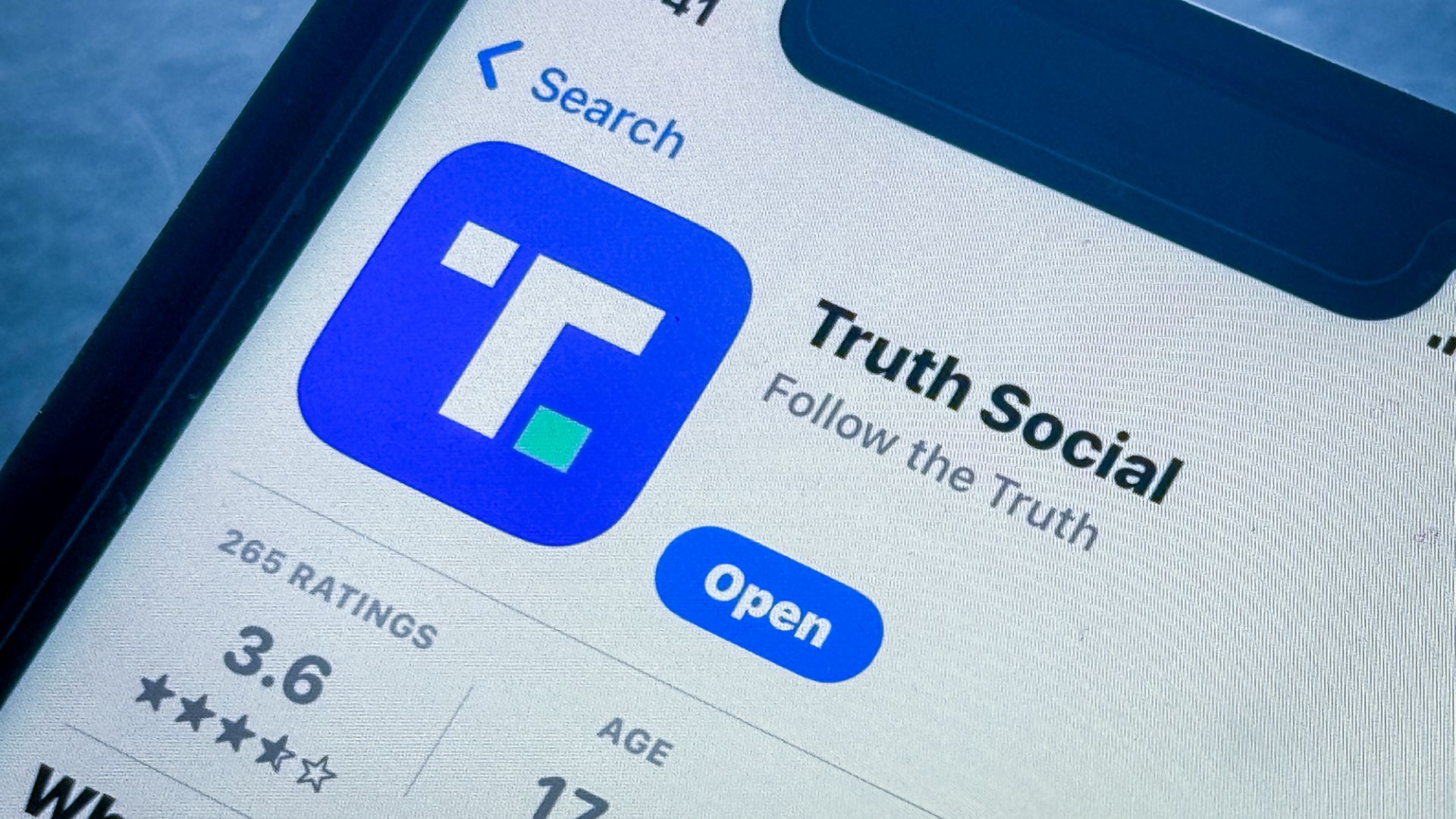
In the video, the fake Trump declares that: «These facilities are safe, modern, and designed to restore every citizen to full health and strength.»
Hidden from the public
The «MedBed» conspiracy theory, widely circulated in QAnon circles, claims that hidden futuristic machines exist with the power to cure all illnesses, regenerate organs, and even reverse aging.
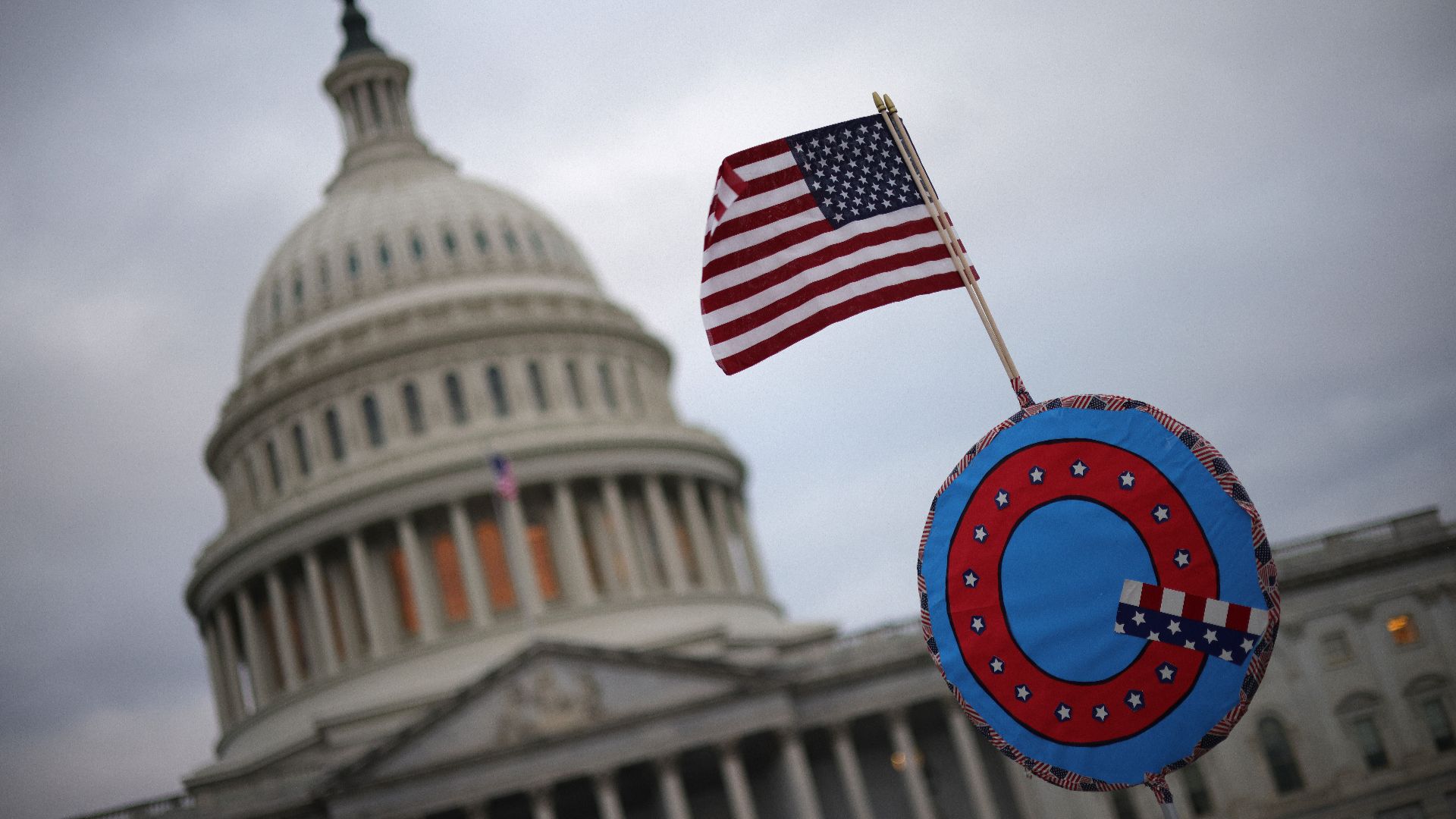
Believers insist that these miraculous beds have been kept secret by shadowy elites and will be unveiled during a so-called «Great Awakening,» often tied to Donald Trump.
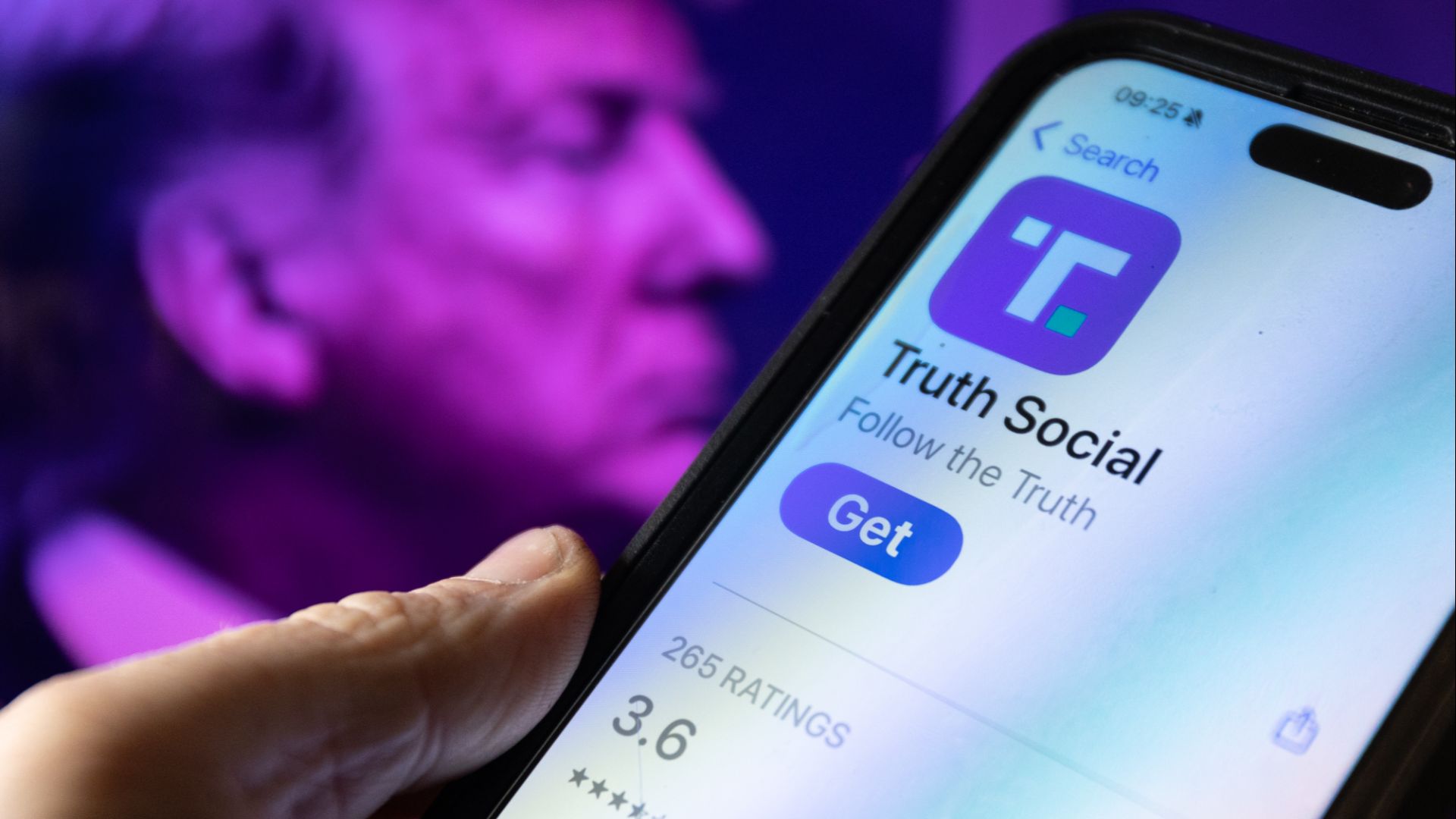
After roughly twelve hours online, the video was taken down from Trump’s Truth Social account. No explanation was provided for its removal, but the brief window was long enough for the clip to circulate widely, drawing media scrutiny and fueling debate. The deletion has only added to the controversy, with some observers interpreting it as a tacit acknowledgment of the video’s inaccuracy, while others see it as part of a broader pattern in which Trump shares inflammatory or misleading content, lets it dominate the conversation, and then quietly erases it once the damage is done.
Experts, however, emphasize that no such «MedBed» devices exist. Critics warn that Trump’s promotion of the narrative is especially dangerous, as some believers postpone or even reject real medical care while waiting for this fictional technology.
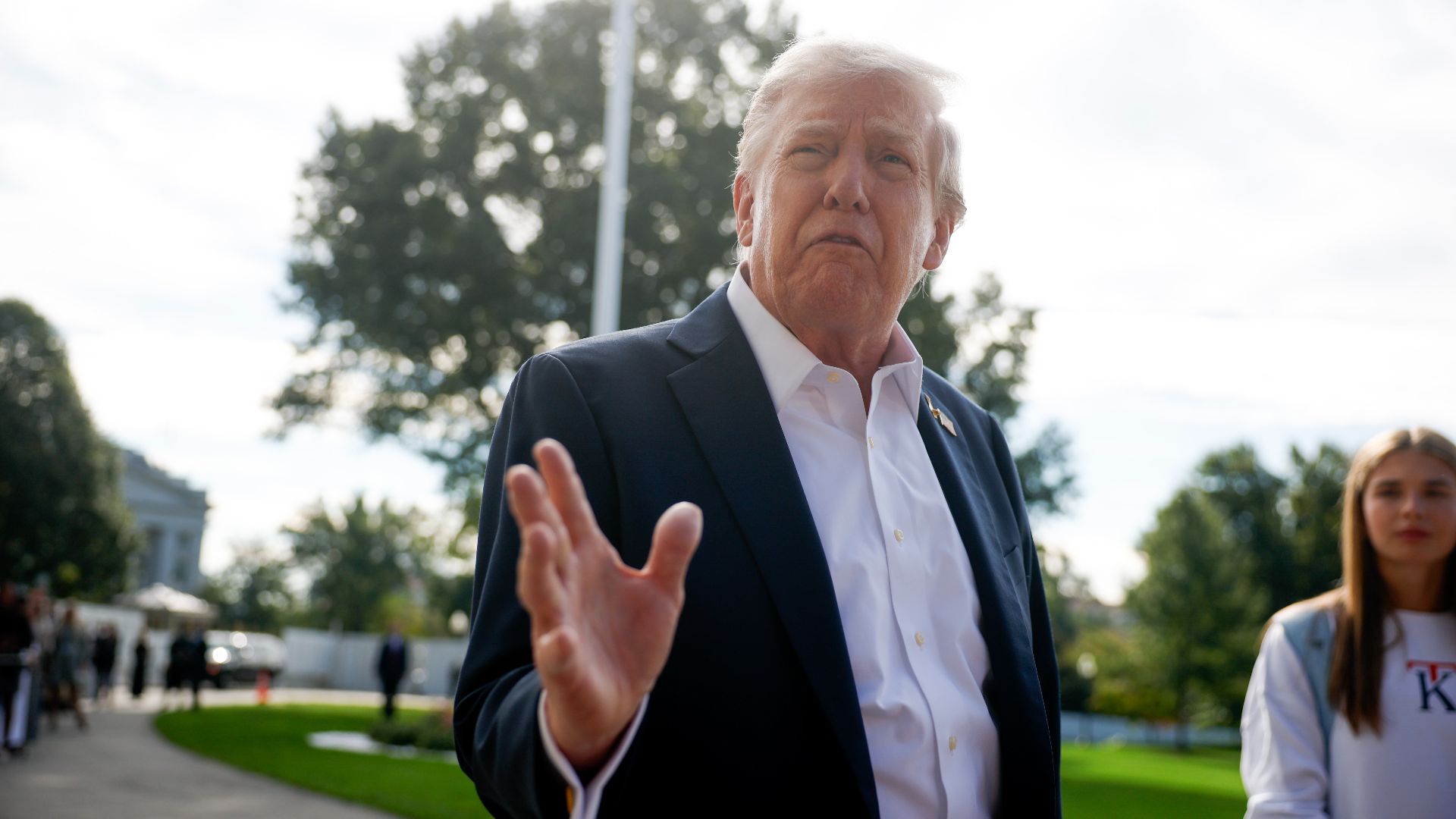
Restrict healthcare access for millions
The odd MedBed video arrives against a backdrop of escalating health controversies around Trump’s administration. In a recent White House briefing, Trump asserted that acetaminophen (Tylenol) use during pregnancy could be linked to autism, claims widely rebuked by medical professionals who say no causal connection has been demonstrated.
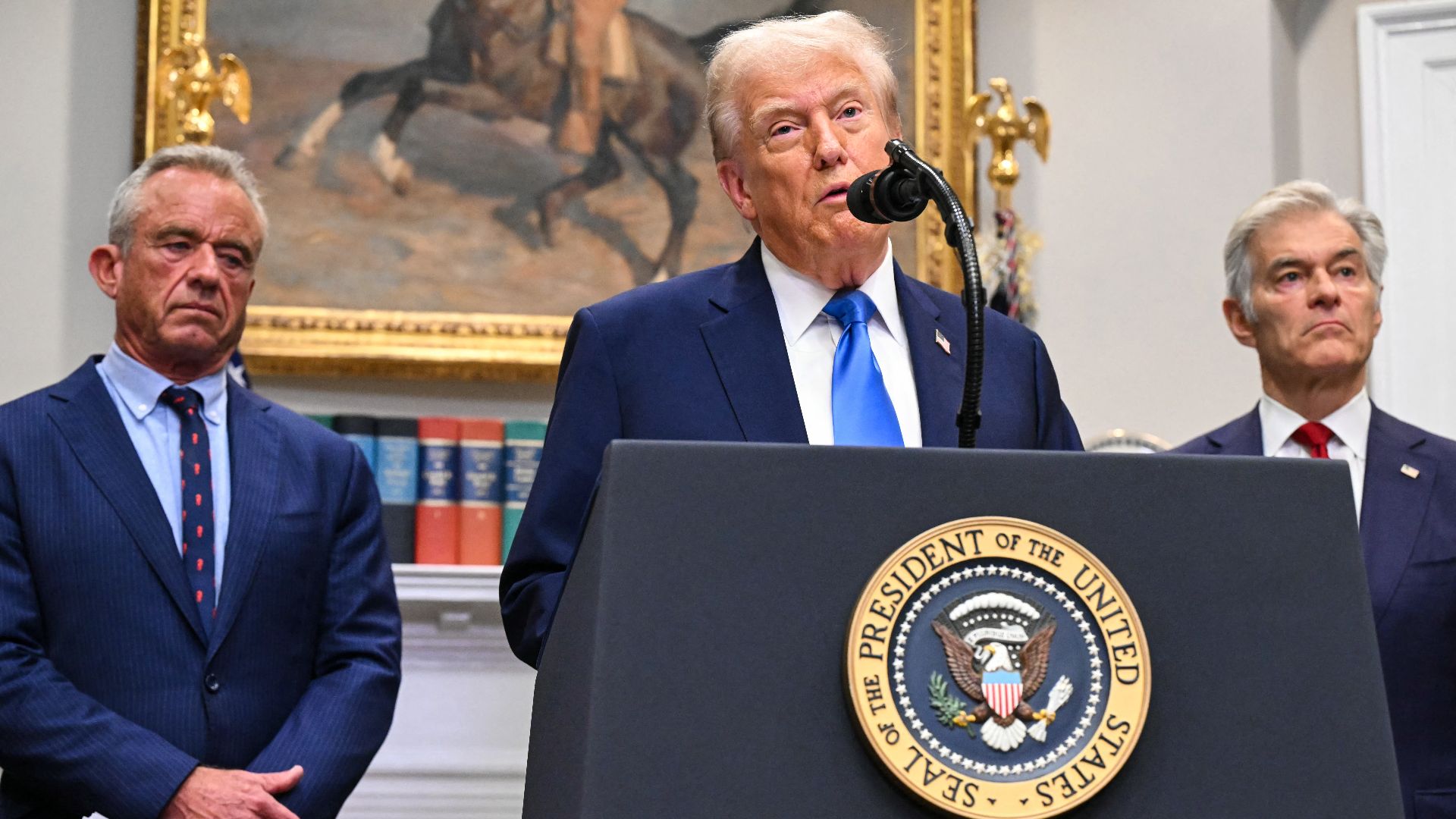
Between pushing a fabricated AI vision of universal healing and advancing scientifically dubious health claims, the contrast between fantasy and the real stakes of public medical policy couldn’t be sharper.
: peoplem.ag/4mnlZOtThe Trump administration said « horrible, horrible » autism is caused by Tylenol use while pregnant in a controversial announcement that sparked concern within the scientific community. |
: Getty